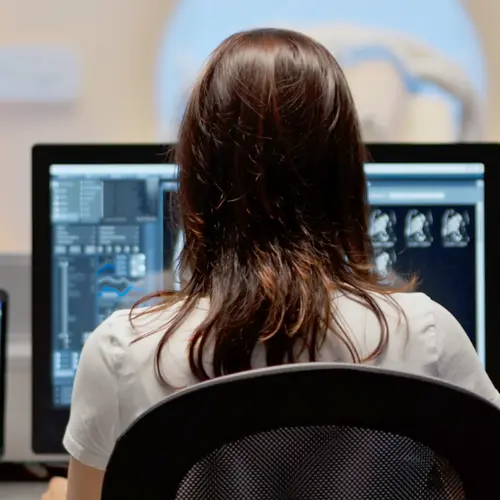Richard Core is a retired journalist living in Los Angeles who has had multiple sclerosis since 2004. After the disease’s initial attack, he continued working 15 years as a news editor and manager. He has been on more than a half dozen different disease-modifying therapies and has lived through multiple MS flare-ups. He credits regular exercise, a healthier diet and reduced stress with keeping his symptoms mostly stable for the last several years.
I’ve been in the same MS support group for about 15 years, and our complementary therapies — the various things each of us in the group does or experiments with to make living with our symptoms a little easier — might be one of our most frequent topics of conversation.
Complementary therapies are things you do or take in addition to your prescribed medications, but not in place of them. Most of us take prescribed medications that are designed to hold MS attacks at bay. However, those medications rarely do much to lessen existing symptoms left behind from previous attacks.
Our complementary therapies tend to be very individualized. The symptoms we each experience from MS can vary greatly, depending on where in our bodies the nerves were attacked by our overaggressive immune systems. How well the scars, or lesions, from those attacks heal often determines the type and level of disability each of us deals with.
People in my support group have gotten benefits from a range of complementary therapies, including acupuncture, massage, yoga, meditation, herbal supplements, cannabis, physical therapy, and exercise regimens of varying intensities. Some of their efforts have been met by their doctors’ support and encouragement, while others have tried things despite their doctors’ skepticism. We’re all trying to manage our discomforts and disabilities, and what works for one person might not be helpful for another.
I have lesions in my brain and spine, with most of my disabilities seemingly coming from the spinal lesions. In my 20 years with MS, multiple attacks have left me with constant numbness and tingling in both feet, drop-foot and weakness in my right leg, hyperextension in my right knee and hip, and reduced dexterity in my right arm and hand. My right arm and leg can also quickly ache with fatigue and start to spasm, depending on what movements I’m making and even the time of day (fatigue comes faster at night when I’m tired).
My favorite complementary therapy is aerobic exercise. I’ve been an avid bicyclist since I was a kid. I’m still able to ride my bike, thanks to technology that allows me to keep my right cycling shoe locked to the pedal. Otherwise, I lack the dexterity to keep my foot from flying off.
I ride different routes around Los Angeles, where I live, over distances ranging from 20 to 75 miles, over flat and mountainous terrain. I also enjoy hour-long sessions on the elliptical machines at my gym. I’ve found that the repetitive motion of both activities helps to smooth out the wonky limp in my walk. Both activities also keep my heart and lungs healthy.
I have also become a proponent of yoga. I’m fortunate to take Iyengar yoga classes twice a week via Zoom with an instructor who also has MS. The classes help me with balance, flexibility and strength.
Another complementary therapy has been the significant change I have made in my diet. I have significantly reduced how much meat, dairy products and processed foods I eat. As a result, I seem to have fewer periods of sluggishness and an easier time keeping my weight under control — which makes moving easier.
And at the end of the day, just before going to bed, I take a few puffs of a cannabis strain that helps me get to sleep. When I lie down, my legs start to twitch and spasm lightly, making it difficult to relax. The spasms have even awakened me after dozing off. The cannabis seems to curtail that sensation, allowing me to get much-needed sleep. A bad night’s sleep often results in a day of greater discomfort and difficulty with my symptoms.
MS affects each of us differently, so we all have our individual approaches. It’s always good to consult with your doctor and, if possible, members of an MS support group, about complementary therapies and substances you consider using.
Check with your doctor about what complementary therapies might be helpful for your MS. Your doctor can tell you about your options and help you weigh their pros and cons.

